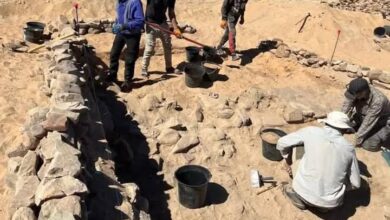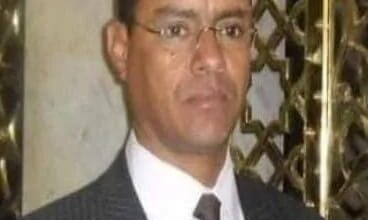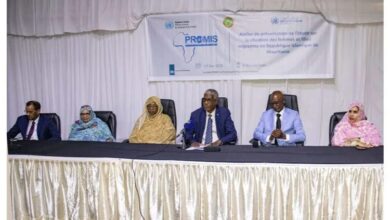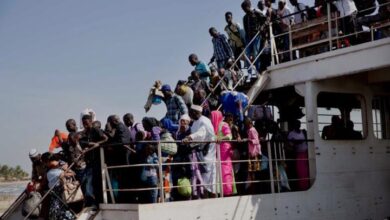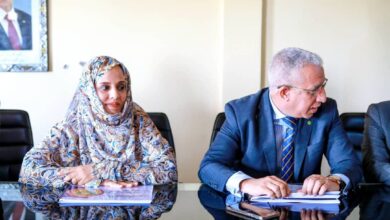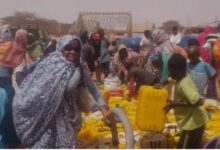Who Will Save the Relocated Residents from Drowning? A Cry for Help from the Forgotten Margins
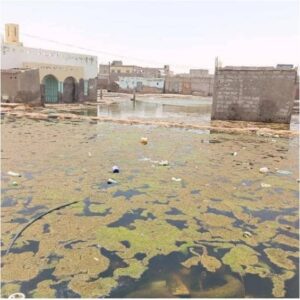
Who Will Save the Relocated Residents from Drowning?
A Cry for Help from the Forgotten Margins
Every rainy season, the same tragic scene repeats itself in the relocation areas of Nouakchott and other Mauritanian cities: houses submerged in water, mud swallowing the roads, and entire families searching for shelter or a patch of land where their dreams won’t drown. It’s a recurring tragedy that finds no resolution—an endless loop of displacement and flooding, as if the fate of these residents is to live between the chapters of homelessness and disaster.
Relocation… Displacement Wrapped in Slogans
The relocation operations in Mauritania began under slogans such as “organizing informal settlements” and “improving living conditions.” However, reality has proven otherwise. In most cases, these relocations merely shifted poverty from the city center to its outskirts, without providing even the most basic infrastructure or essential services. There’s no running water, no proper sewage systems, electricity is unreliable, and schools or health centers are either missing or in deplorable condition.
Between Rain and Drowned Promises
At the first sign of rain, relocation areas turn into giant swamps. Families become trapped inside makeshift homes built from mud and metal sheets, which collapse under heavy rains or disintegrate from persistent moisture. Each year, heartbreaking images flood the media and social networks, only to be forgotten as quickly as they appear. Meanwhile, potential solutions drown in bureaucracy and official indifference.
Who is Responsible?
The responsibility is collective but starts with the authorities who relocated citizens to unprepared areas without proper geological or urban planning studies. It extends to the entities that received funding to develop these neighborhoods but delivered very little. Even local elected officials are often content with empty promises and political posturing, with no real action to improve the situation.
What Do Relocated Residents Want?
They are not asking for the impossible. They demand their basic rights as citizens:
Functional infrastructure that withstands seasonal rains.
A proper sewage system to prevent neighborhoods from turning into mud pits.
Safe housing that won’t collapse on their heads.
Nearby health and education services that preserve their dignity.
Conclusion:
Relocated residents don’t need seasonal emergency committees—they need a lasting policy that saves them from the cycle of neglect. The rescue begins with acknowledging them as full citizens, not mere statistics in government reports. Every day of delay means another tragedy under the rain, another child sleeping in water, and another family whose only dream is land that doesn’t flood.
So who will save the relocated residents… before their souls drown in silence?
Report by:
Mohamed Abderahman Abdallah
Journalist
Nouakchott



